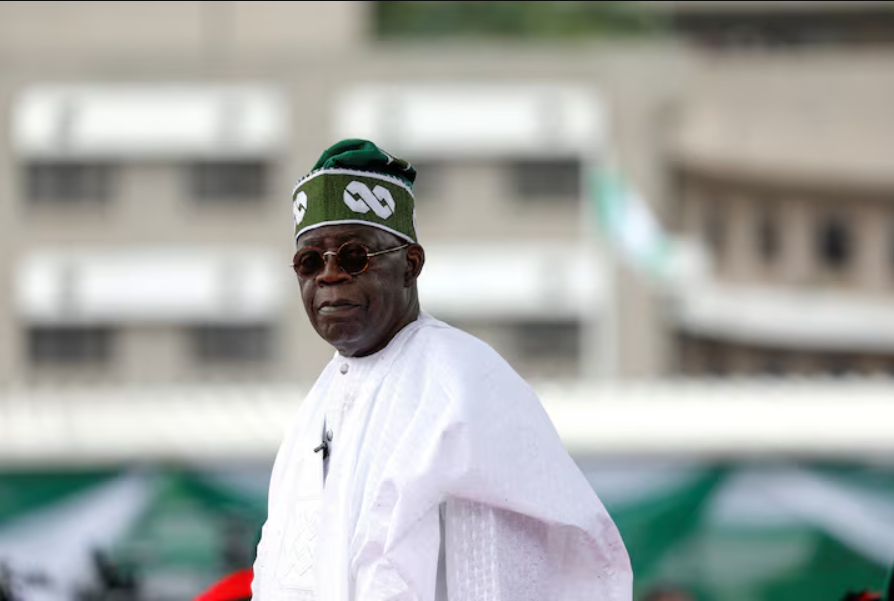Nigerian President Bola Tinubu has reiterated his determination to continue economic reforms despite widespread opposition and substantial obstacles. The removal of long-standing gasoline subsidies and currency devaluation, among other recent policy changes, have driven inflation to its highest levels in nearly thirty years, currently standing at 33.69% as of April, which Tinubu acknowledged in a televised address marking Democracy Day.
Tinubu said that these changes were essential in order to stabilise Nigeria’s economy, which had been too reliant on oil profits for decades. His comment, “Our economy has languished due to its over-reliance on oil exploitation,” highlighted the need to quickly diversify income streams and strengthen economic resiliency.
Tinubu reassured the country that his administration will implement a new minimum wage despite massive demonstrations and industrial activities, such as the recent end to strikes by unions seeking more wages. An even larger rise to 250,000 naira has been advocated by labor groups, although the current minimum wage of 62,000 naira ($41.89) per month would be more than double that.
Tinubu assured that he will swiftly present an executive bill to the National Assembly in an effort to secure the agreed-upon amount for the next five years, alluding to worries over the increase’s parliamentary support. Nevertheless, it is still unclear if the government’s plan or a compromised amount would be reflected in the bill.
The economic reforms enacted by Tinubu’s government, such as increased interest rates and partial cutbacks in electricity subsidies, are presented as necessary steps to strengthen the foundations of Nigeria’s economy. Tinubu insisted that these changes would lead to long-term prosperity and improved economic prospects, regardless of how bad things are now.
Finally, President Tinubu stressed a dual commitment to economic transformation and responsiveness to popular concerns while he grappled with serious economic issues and social upheaval. In order to stabilize salaries and alleviate the growing cost-of-living issue impacting Nigerians across the country, the proposed executive bill on the minimum wage is an important step towards its eventual adoption by lawmakers.


















